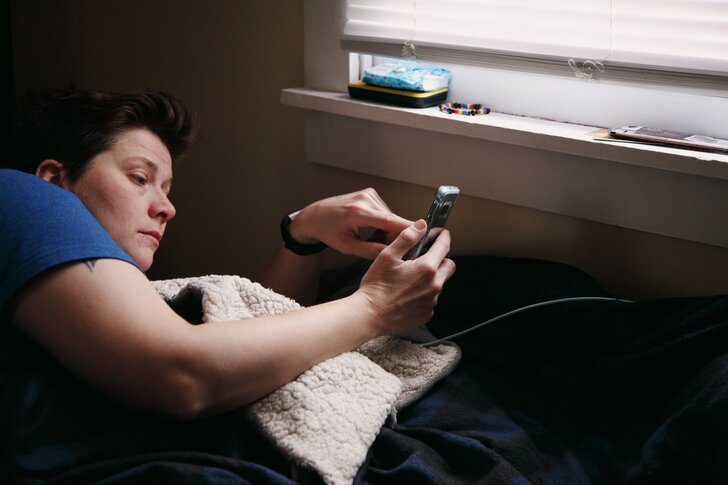In today’s fast-moving world, believe it or not, we’re excessively overloaded by a bunch of information, both helpful and absurd.
Whenever we look up for health advice, every WhatsApp user becomes a doctor, and every blog post turns out to be a potential health advisor. But the question is, does everything we read online is actually true? Well, of course, it isn’t!

You must not believe in every piece of advice you hear or read online. But some “words of wisdom” are so damn persistent that we hear them from everyone and everywhere, even if they’re dead wrong and make absolutely no sense.
And there’s a simple reason for this – medical knowledge keeps changing and evolving with time. With new research, we end up getting closure, which makes the old information downright bad.
Here’s a bunch of viral yet senseless advice that professionals legitimately disagree with.
#1 – A low-carb diet is the key to losing weight
Whenever you sign up for a weight loss program, eventually you’re advised to consume a low-carb diet in order to boost the process. Now such change can show rapid results for a while, but is it applicable for the long run?
Experts say it’s not! Remember, weight loss is a journey. It’s a process that takes time. Your body is a mechanism that needs time to adjust with the outer factors. Sabotaging its requirements by not providing enough food will only disturb its pattern and lead to irregular functioning of the metabolism. And TBH, you don’t want to mess with your digestive system.

#2 – Breakfast must include whole grains
Now this is a bit of advice you must have heard from your friends, your gym trainer, or your not-so-reliable virtual advisor Google. It’s believed that whole grains keep you full for a longer period of time, meaning you won’t feel the urge to snack before the lunch hours. But the reality is, they do worse than good.
Whole grains can spike up your glucose levels like nobody’s business. They can lead to more sugar and carb cravings just hours after you wake up. If you’re looking for a more reliable breakfast option that holds you tight before the lunch hours kick in, eggs might be a better option.
#3 – Burn more and consume less
If your so-called gym trainer is asking you to follow this advice, you must consider running a mile away and never showing up again!
Counting calories and keeping insane checks on your food intake is not at all an effective weight-loss strategy. It’s not necessary that what’s mentioned on the label is absolutely true. In fact, the caloric value on the label is totally different from what it becomes once the food is inside your body.
Plus, if you’re planning on cutting your calories, make sure you indulge in having nutrients that are extremely crucial for a healthy body, or else you’ll end up falling into the unhealthy cycle of losing and gaining weight.

Takeaways
Use your conscience, dive deep into facts, look for testimonials, or the best you can do is, consult a real doctor before hopping onto any conclusion. Human bodies don’t come with the same instruction manual for everyone; you need to understand that what works for you might not work for the other person. So, before coming to hard and fast conclusions, do your homework and stick with the facts.
